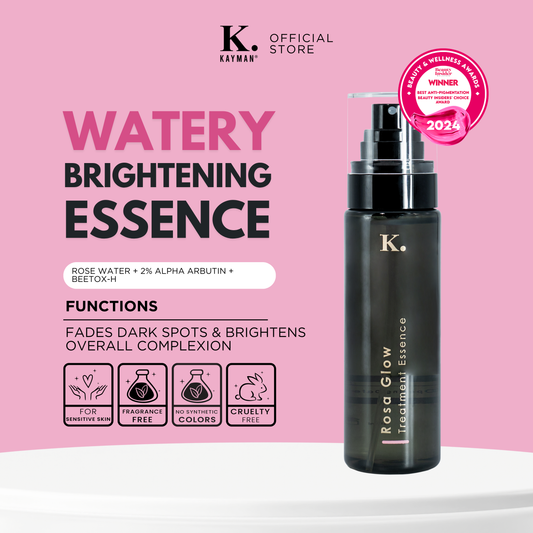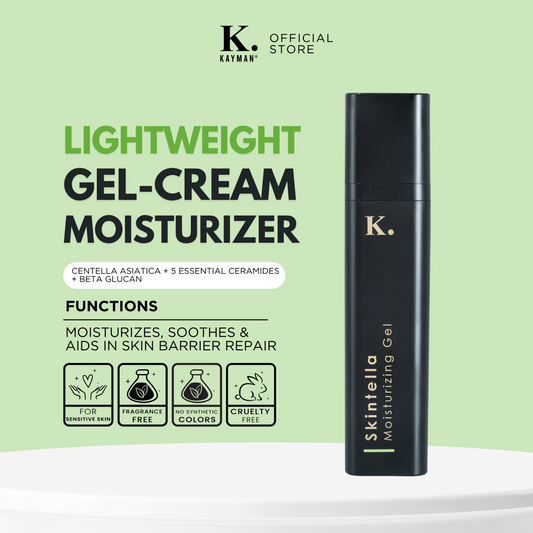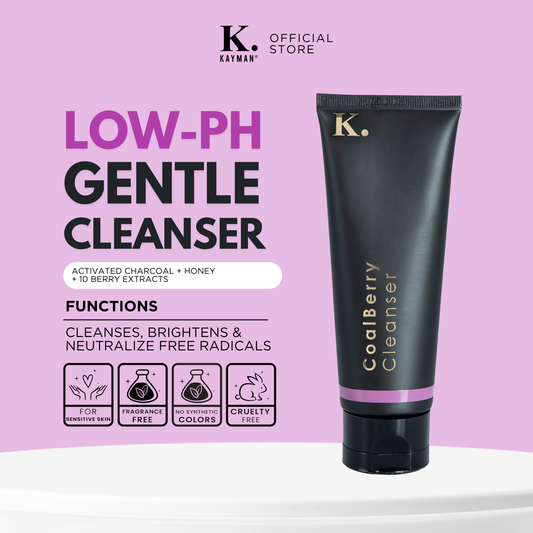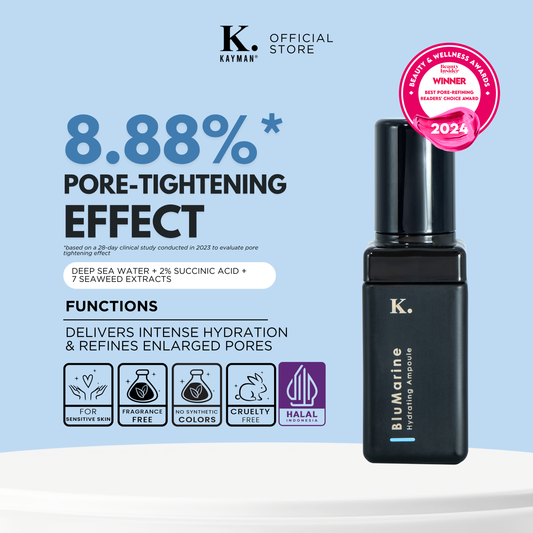A serum might not be a necessary product in a basic skincare routine, and some might say you don’t need it at all because you already wear moisturiser. But if you have more serious, lingering skin concerns like acne, dull skin, redness, pigmentation or dehydration, just to name a few, a serum (or serums!) could help your skin heal faster and maintain optimal skin health.
There are some misconceptions surrounding serums, like how it’s just another type of moisturiser or only made for anti-aging purposes, or simply a fancy name for a product that capitalists peddle to milk our money. There are some truths and then there are some myths, but I’m here to tell you what a serum can do, how it can help you achieve the skin of your dreams and why you should use it.
Get ready to start running to skincare websites to buy one – or three!
What Is a Serum?
A serum is a more concentrated skincare product, usually comprising more potent ingredients, because it is meant to target specific skin concerns that your usual cleanser, toner or moisturiser ARE unable to remedy. A serum acts as a concentrated treatment product so you can achieve better and lasting results.
Serums can come in a variety of textures; some are lightweight and runny or more liquidy, while others have a thicker gel-like consistency – sometimes, a serum is even made of oil. The texture of a serum depends on its ingredients and what skin concern it targets.
The Importance of a Serum
As mentioned, serums contain key active ingredients aimed at repairing and concentrating on specific skin problems. Serums are usually made of small molecules that are able to penetrate deeper into the layers of the skin, which is why it’s a powerful product to deliver the full benefits of each ingredient.
It may become necessary for you to incorporate a serum into your skincare regime when you start to notice some not-so-great changes to your skin; it could be anything from irritation to acne or wrinkles. You may also find the need to invest in a serum to maintain the health of your skin and prevent future damage, as the skin is susceptible to damage by a variety of factors like air pollution, dust, sun exposure, food and hormones.
Why Should You Use a Serum?
Just like when you get sick, your skin needs treatment too when it’s not in its best shape. That’s what a serum is made for – to help your skin heal and boost its appearance and overall health.
A serum is able to deliver extra benefits to the skin due to the concentration of its ingredients, as mentioned earlier. You may also find that your skin experiences a number of concerns at the same time, which is why you may even need to use two or more serums, depending on what your skin needs. This would enable your skin to recover more effectively as the serum could target different concerns with more focus.
How Does a Serum Help the Skin?
In order to maximise the function and benefits of a serum, you need to first identify your skin concern. Skin concerns are not the same as skin type. Your skin type is most commonly influenced by genetics and typically does not change. However, skin concerns are something that may change depending on your environment, habits, lifestyle and hormones. Your skin type could either be oily, dry or combination, while some common skin concerns are acne, dehydration, redness or hyperpigmentation, among others.
Once you’ve identified your skin concern, you should then look for ingredients in a serum to target that concern. For example, Centella Asiatica is good for healing acne and soothing redness. Arbutin and Vitamin C are great for brightening the skin and fading acne scars and hyperpigmentation. Retinol is hailed for promoting a smoother skin texture, so it would be good to treat fine lines or textured skin. Ceramide is a great ingredient to protect and repair your natural skin barrier.
Skintella Repairing Serum is proudly one of the best serum out there. It contains Centella Asiatica Extract (soothing & calming), Bifida Ferment Lysate (wound healing), Linoleic & linolenic acid (barrier repair) & Imperata Cylindrica Root Extract (hydrating). Perfect for those who are struggling with acne & skin barrier damage.

These are just a few examples. To ensure you invest in a worthwhile serum (because they can be quite pricey), do your research. Some of the basic info you should know have already been mentioned here. The most important thing is that you know what your skin needs. Now that you’ve gotten a brief introduction to serums, happy shopping!
About The Writer













